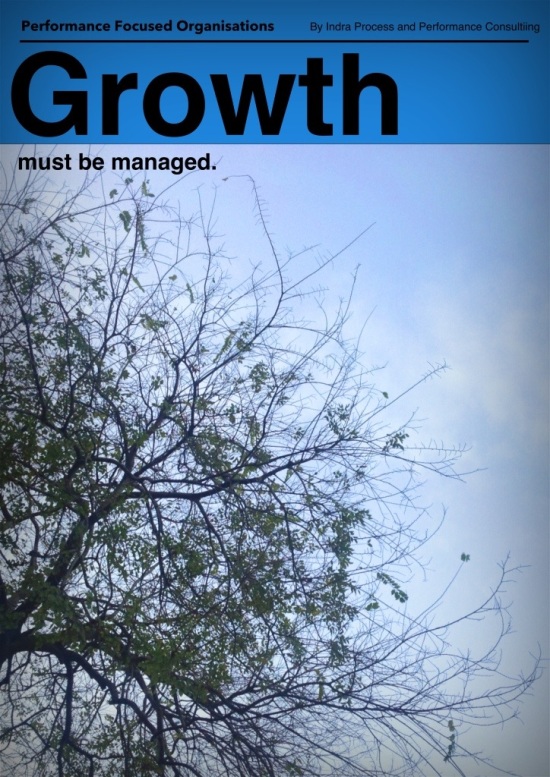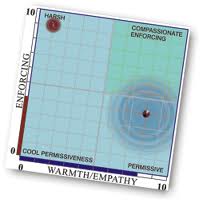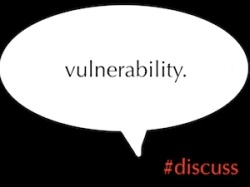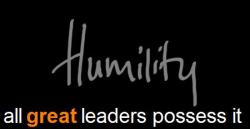Emotional Intelligence and Fakery
March 30, 2015 Leave a comment
 Emotional Intelligence (EI, or EQ – Emotional Quotient) was been a consistent topic in leadership circles for 30 years, and it has been written about from the 1930s.
Emotional Intelligence (EI, or EQ – Emotional Quotient) was been a consistent topic in leadership circles for 30 years, and it has been written about from the 1930s.
It is rare for a concept, theory or idea to remain at the forefront of organisational thinking for so long. One of the most well-known contributors to our understanding of EQ is Daniel Goleman, and his book Emotional Intelligence. Around the same time, Covey was publishing his book The 7 Habits of Highly Effective People and he went on to relate the habits to Emotional Intelligence.
The idea behind EQ is that our ability to relate meaningfully with other people matters more than our IQ. The concept goes deeper than the usual set of good communication skills, and includes the ability to empathise, and to manage your own and others’ emotions. Read more of this post

 “Don’t exclude paradox, it is more than half of life itself!”
“Don’t exclude paradox, it is more than half of life itself!” Time is an interesting commodity. It is used in different ways all around the world. In our so-called “time poor” countries we consider ourselves so busy that our responsibilities outweigh the time available. We eek out every minute, carefully scheduling and booking appointments weeks and months ahead. We lose a real sense of spontaneity and flexibility. I have also noticed a trend over the past decade in organisations that places such a high value on one’s own time, and that this outweighs the appreciation of the value of time to others.
Time is an interesting commodity. It is used in different ways all around the world. In our so-called “time poor” countries we consider ourselves so busy that our responsibilities outweigh the time available. We eek out every minute, carefully scheduling and booking appointments weeks and months ahead. We lose a real sense of spontaneity and flexibility. I have also noticed a trend over the past decade in organisations that places such a high value on one’s own time, and that this outweighs the appreciation of the value of time to others. Here in the offices of Indra Process and Performance Consulting, we are continually extending and updating our Deep Leadership modules and supporting material. It’s a great and dynamic atmosphere as we sort out in our own minds the relevance of material and how we can deliver it in the most meaningful way. For us that means in a way that will change lives and accelerate business results.
Here in the offices of Indra Process and Performance Consulting, we are continually extending and updating our Deep Leadership modules and supporting material. It’s a great and dynamic atmosphere as we sort out in our own minds the relevance of material and how we can deliver it in the most meaningful way. For us that means in a way that will change lives and accelerate business results. Long ago, as I started my consulting career, I was assisting a colleague in running a Leadership Development Course. Over a period of several days, I watched this group of 15 individuals, young, confident, cocky and somewhat arrogant. I asked my colleague if I could run a session on Humility. And so began my interest in the traits that, when cultivated and attained, manifest in deep leadership ability.
Long ago, as I started my consulting career, I was assisting a colleague in running a Leadership Development Course. Over a period of several days, I watched this group of 15 individuals, young, confident, cocky and somewhat arrogant. I asked my colleague if I could run a session on Humility. And so began my interest in the traits that, when cultivated and attained, manifest in deep leadership ability. It is interesting to be re-reading an article on Level 5 Leadership by Jim Collins, summarising the results of a five year project on companies that went from good to great and then sustained that greatness. He wrote a best selling book about this work — you have probably read it.
It is interesting to be re-reading an article on Level 5 Leadership by Jim Collins, summarising the results of a five year project on companies that went from good to great and then sustained that greatness. He wrote a best selling book about this work — you have probably read it.





